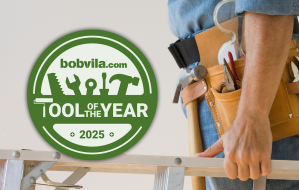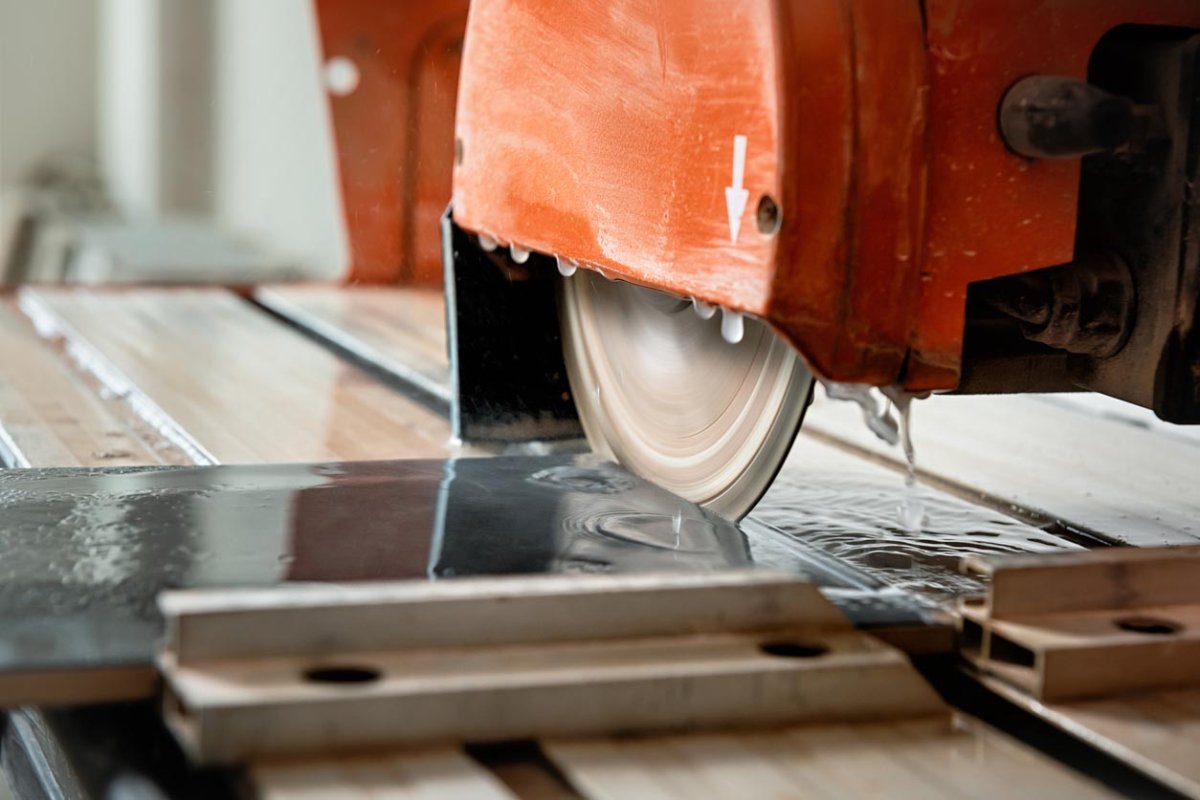

We may earn revenue from the products available on this page and participate in affiliate programs. Learn More ›
What You Need to Know
- The decision to rent versus buy equipment often depends on the circumstances; however, some tools are almost always more economical to rent due to their size, price, and frequency of use.
- Leasing is worth considering as a happy medium between buying and renting for those who will use a piece of equipment often but aren’t ready to commit to a large purchase.
- There are many options when it comes to where to rent equipment, including national equipment rental companies, home improvement stores, local hardware stores, peer-to-peer rental services, Facebook Marketplace, and even tool libraries.
- It’s important to thoroughly research a tool or piece of equipment before renting to understand how to use it safely and efficiently. It’s also wise to learn about the rental service to verify that it is insured and to take advantage of any additional services it offers, such as training or delivery.
Professional contractors, committed DIYers, and weekend warriors know that the right piece of equipment can be the difference between hours of sweaty labor and a quick, efficient job. Unfortunately, costs can mount quickly when purchasing tools and equipment, and some of those purchases get used once and then relegated to the basement or shed never to be used again. Worse, sometimes the tool is needed again, but so much time has passed that it’s no longer viable. In other cases, the cost of purchasing a piece of equipment can simply place the piece out of reach. Equipment renting is a potential solution to these dilemmas. Equipment that is needed for a particular project or once-a-year tasks can be rented and returned with no need for maintenance or storage. The key is knowing when to rent and when it’s more practical to buy.
What Tools and Equipment Should You Rent, Not Buy?
There are some tools that it just makes sense to own, as they’re relatively inexpensive, long lasting, and often used, such as drills, chain saws, and leaf blowers. Customers must weigh the initial cost of the tool, the number of hours it will be used, the cost to maintain it, and the storage requirements when it’s not in use. They’ll also need to consider the frequency of use and how long it will last to determine whether it makes sense to purchase it or rent it. But for some pieces of equipment, rental is almost always the best option.
- Pressure washer: For those who do a lot of pressure-washing throughout the year, purchasing a good-quality washer is reasonable, but if it’s a once-per-year (or less) task, renting is less expensive than purchasing and maintaining an effective machine.
- Home-cleaning machines: Some infrequent cleaning tasks are easily handled by machine, such as deep-cleaning floors or furniture. Residential models of these machines aren’t cheap, and they don’t always hold up well over time. For this reason, the cost of carpet cleaner rental or upholstery cleaner rental is often more economical. In addition, the machines have more powerful extraction capabilities.
- Ladders: Everyone needs a step ladder around the house. For occasional tasks such as painting a vaulted ceiling or cleaning gutters, however, renting a ladder means the homeowner doesn’t need to find a place to store an extension ladder when it’s not in use.
- Tile saw: Although there are some inexpensive tile saw models available for purchase, the rental charge for this tool isn’t huge. Customers who rent a tile saw can be assured of safely functioning devices with sharp, well-maintained blades.
- Stump grinders and wood chippers: The cost of renting a wood chipper or stump grinder pales in comparison to purchasing this equipment outright. Even professional tree services can be well served by renting or leasing a stump grinder or wood chipper to ensure adequate power and access to the newest models.
- Trencher: When someone needs a trencher, they need one that won’t jam and has the power to do the job well the first time. The maintenance costs of trenchers can be particularly high, so renting (even if it’s a frequently used tool) is a good plan.
- Airless paint sprayer: These work like magic on walls and cabinets, resulting in a smooth, perfect finish. However, they’re not easy to maintain or keep clean. Since high-quality models are expensive, renting a top-of-the-line airless paint sprayer for a few days to complete a project is well worth the cost.
- Auger: Far preferable to digging a hole with a shovel or post hole digger, a power auger is a wonderful tool that makes performing that particular task much easier. However, it’s a large piece of equipment that needs to be maintained meticulously to stay in working order. Unless it’s being used very regularly, renting is the best option.
- Floor sander: This is a task-specific tool that most homeowners only use for a day or two once a decade, so it’s not worth purchasing when the cost of floor sander rental is much lower. Floor refinishers can also stay on top of the technology and rent or lease a floor sander specific in size and power to the job they’re doing. This is much more economical than purchasing and maintaining all the various options to be prepared for every eventuality.
- Concrete mixer: These heavy-duty machines require great power and careful maintenance to keep doing their messy, heavy job. Those who need one for only a few days here and there will find that a rental is cheaper, performs more effectively, and doesn’t need floor storage space when not in use.
- Tiller: A large item that isn’t easy to store and is only used once or twice per year, tillers are a popular rental item for homeowners. Landscapers may also find that a longer-term rental for the early part of the season may be more economical than purchasing, and it provides an opportunity to try out the newest, shiniest model.
- Scaffolding: Even for professional painters and construction workers, renting building equipment like scaffolding is almost always a better option than purchasing. Every project will require a slightly different configuration, and rather than owning and storing all the possible options, it’s a better plan to rent exactly what’s needed and then return it.
- Backhoe: This do-it-all vehicle can take the place of a number of other tools, so it might seem that purchasing a backhoe makes sense for contractors or homeowners who do a lot of digging, smoothing, and loading. A quality backhoe loader, however, is a sizable investment (and a low-quality backhoe isn’t a good idea, as it will need to be replaced more frequently). Maintenance and storage costs aren’t small, either. Finding a short- or long-term rental will likely allow for a better-quality machine that can be returned. Renting also relieves the burden of dealing with storage, repairs, or replacement.
- Power lift: Safer, in many cases, than ladders or scaffolding, a power lift is a great tool to have when it’s needed. However, it’s another vehicle to store and maintain, and it’s often only an occasional-use (not a daily-use) tool. Frequent users may consider a longer-term rental for economy, but for most people this is a perfect example of a “rent one when it’s needed” piece of equipment.
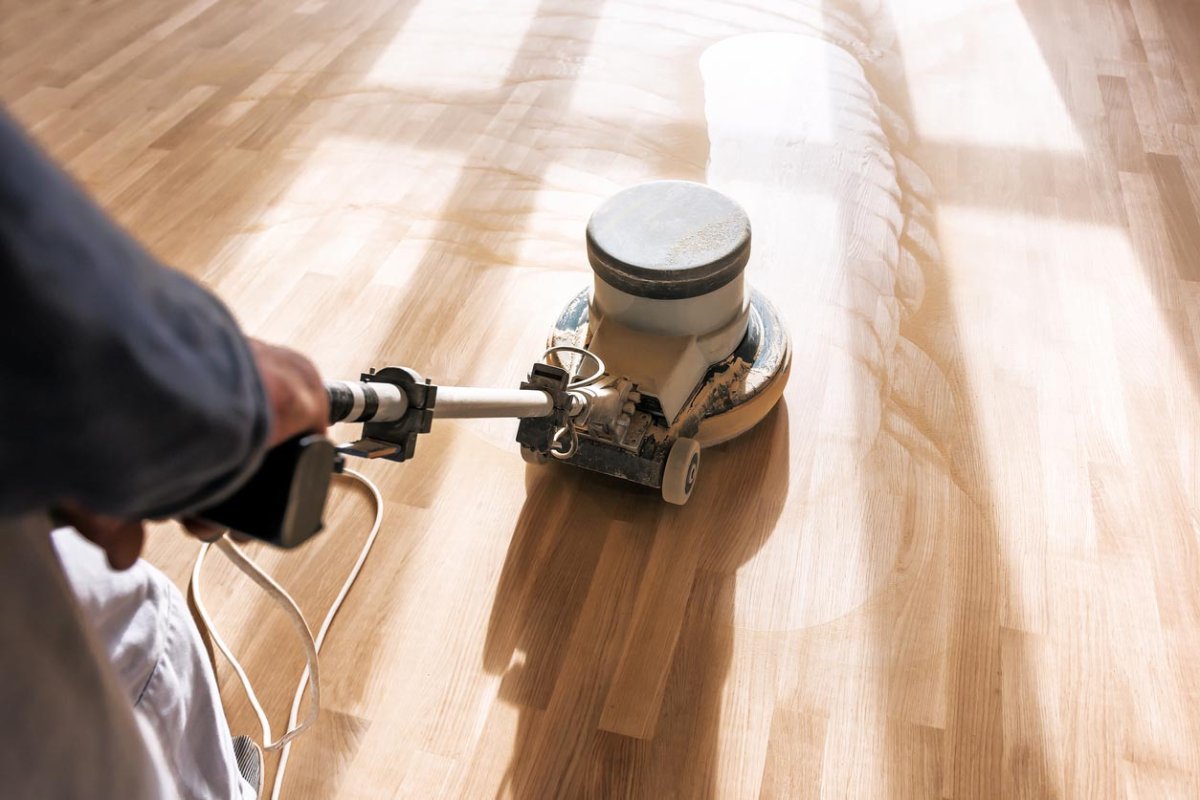
6 Key Considerations for Renting vs. Buying Equipment
When it comes to renting versus buying equipment, making the wrong choice can mean taking a serious financial hit. It’s wise to take a few key factors into consideration before making a decision.
1. The most cost-effective option will depend on how frequently the equipment is used. Buying equipment comes with a significant initial cost, but rental fees can also add up over time.
Buying equipment requires a large up-front investment, plus maintenance and storage costs, so it’s almost always more expensive than renting. However, it’s important to take into account how often the piece will be used. Rental fees can vary by term, so an hourly or daily rate can add up quickly even for a tool that is only used a few times per year. For tools that are used regularly, purchasing will often be the more economical choice. It’s worth doing some quick calculations to understand how many times the equipment would need to be used to justify the cost of purchasing it rather than paying rental fees repeatedly.
2. Equipment ownership often comes with ongoing costs for storage, maintenance, and insurance. Renters are not typically responsible for these costs.
Renters generally receive equipment that is in good condition—and if the piece of equipment isn’t functioning well, renters can return it to the rental site and get a replacement. Owners, on the other hand, are responsible for recognizing, scheduling, and paying for maintenance and repairs (even if they’re in the middle of a job) on a piece of equipment that is depreciating every day. Owners also have to store the equipment, which means maintaining a shed or building where the equipment will be protected from the elements and from thieves. Some equipment, such as larger tools and vehicles, can be awkward to store, especially if there are delicate blades, unusual configurations, or gas and oil required for their use that could be knocked around.
With equipment on-site that is worth thousands of dollars, owners also have to carry insurance protecting the equipment from loss or theft. When renting equipment, the rental agency carries insurance on the items and covers maintenance and storage costs at its facility. From that standpoint, renting is more economical than buying equipment for business or home.
3. Owning a piece of equipment means having reliable access to it, but there are no guarantees that rental equipment will be available whenever it’s needed.
It happens with rental cars all the time: The customer reserves a particular class of car, then arrives at the rental agency, confirmation number in hand, and finds that the previous renter didn’t return the vehicle on time and the only options available won’t meet their needs. This can happen with any rental situation. For a homeowner planning to refinish their deck on a free Saturday morning when the weather is favorable, discovering that the power washer they were planning to rent is out of order or hasn’t been returned is a frustrating delay. But for renters who are running a business, such delays can catastrophically push back project timelines and interrupt other contractors. The rent versus buy decision needs to include a consideration of how critical it is for the equipment to be reliably available at specific times.
4. Equipment rental services often offer the newest and most advanced models on the market. These products may be too expensive for some customers to purchase outright.
Those who rely on tools and equipment for home maintenance or for a business understand the delight of seeing the newest model of a tool at the home improvement store. The bells and whistles, features that will make the tool perform better and faster, and the shiny newness of the tool practically invite the shopper to buy it. Unfortunately, the newest and best equipment is often also the highest priced. While it probably won’t need maintenance immediately because it’s new, it’s likely that the latest model of any tool has new technology onboard that hasn’t yet shown all of its quirks, so the need for maintenance or repair might crop up earlier than expected. Renting can give customers the opportunity to use the latest and greatest model at a much lower price point.
5. Renting provides an opportunity to try a piece of equipment before purchasing it, whereas buying means customers are locked into ownership past the return window, if there is one.
Even when the plan is to ultimately purchase a piece of equipment, renting can offer a “try before you buy” experience. For a much lower cost, customers can rent and use the piece of equipment. This allows them to put it through its paces and check to make sure it works well for the types of jobs it’s intended to do. It also gives them time to make sure they are comfortable using it. This is a great option for homeowners interested in investing in a quality tool, but renting construction equipment can also be an effective way for smaller companies to test out a new model to ensure it can handle the work the company does. If all goes well, the customer can be confident in their purchase and avoid buyer’s remorse.
6. Leasing equipment is an additional option that can serve as an attractive compromise between renting and buying.
Buying a piece of equipment outright might mean a customer has to spend more money than they are comfortable with. Those looking to buy construction equipment may find this especially true. But repeated rental fees can add up very quickly for a customer who needs to use a particular piece of equipment frequently. In fact, most rented construction equipment can run into the thousands of dollars after just a few days. Leasing can be a happy medium. Customers sign an agreement to lease the piece of equipment for a set period of time, often including a deposit or down payment, then make monthly payments for the duration of the lease agreement. At the end of the term, the lease ends and the equipment is returned. Customers may have the option to buy the equipment at the end of the lease term for the residual value left on the contract, essentially creating a rent-to-own equipment option.
The benefits of leasing are that it doesn’t present the financial commitment of a purchase, but it costs less than it would to rent for the same period. It’s important to note in the leasing agreement whether the customer or the leasing company is responsible for regular maintenance and repair of the leased equipment, and what those maintenance costs might be. In a rental situation, maintenance and repair fall on the rental company. If those costs fall to the lessee, it’s important to calculate that amount into the financial picture to make sure that leasing is a manageable option.
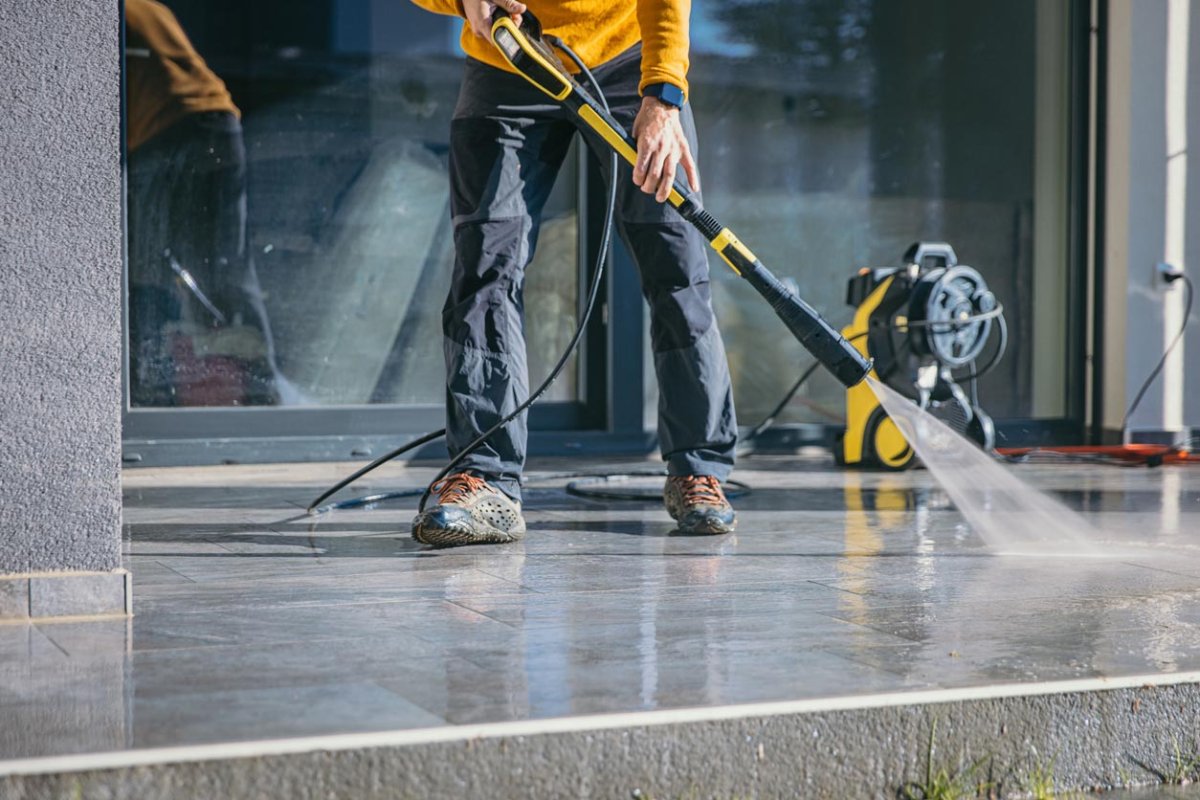
5 Types of Places to Rent Tools and Equipment
Once it’s decided that renting is the best option for a homeowner’s or business’s needs, the next step is to find a rental location. Fortunately, there are a surprising number of options.
Nationwide equipment rental companies offer tools for everything from household DIY projects to large construction jobs.
Some companies specialize in renting equipment—tools, household cleaning equipment, vehicles, and more. Many of the best tool rental services have branches all over the country, well-developed online rental information and (in some cases) reservations, and equipment experts on hand to help customers find the best choices for their needs.
- Sunbelt Rentals offers a wide range of tools and equipment and provides bundles of tools for projects at a lower cost than renting the tools individually. It also has a mobile app and great 24/7 customer service.
- United Rentals provides 24/7 customer service and a convenient mobile app for booking and management. It sells used and some new equipment and also offers a very thorough online and in-person selection of safety and training courses.
- Herc Rentals offers the widest range of products for rent, including tools and jobsite equipment, but also equipment for the food and beverage industry, health care providers, and entertainment industry, among others. The company provides safety training and certification courses as well.
Many home improvement retail chains such as Lowe’s and The Home Depot have robust tool and equipment rental inventories.
Many retail chains have found that offering rentals of common tools and equipment that homeowners or businesses need to use infrequently creates buyer loyalty to their store when those customers do need to make a purchase. The chains offer rental services but may limit the outlets to a certain number of stores in a single geographic area, so it’s key to check which locations offer rentals before heading down to the store. Prices are comparable and usually begin with a 4-hour block of time for smaller tools.
- Lowe’s Rental offers two different “sets” of rental equipment. Some of the equipment is available through partnerships with Lowe’s, including truck rentals, QEM dumpsters and equipment, 1-800-PACK-RAT storage, and Bissell carpet cleaners. Other types of equipment are available in select stores, including construction and home improvement tools, floor care, power supply and power tools, ladders, and other tools and equipment for use in the home, yard, and on smaller construction sites. Lowe’s offers online booking for most of its rental products excluding trucks, which are rented on a first come, first served basis.
- The Home Depot also offers home improvement tools and equipment for rent. Since its inception, The Home Depot’s rental equipment program has expanded to include convenient options for tool reservation, delivery, curbside pickup, and more. Some of the tools available include landscaping equipment and demolition tools, along with cleaning equipment, plumbing tools, heaters and air conditioners, shop vacuums, and wall and painting tools. The company has a separate category to rent construction equipment from stump grinders to tractor loader backhoes. In addition, The Home Depot provides on-site truck rentals.
- Menards stores provide rentals of general construction tools, lawn equipment, flooring and sanding tools, scaffolding and ladders, drywall tools, insulation blowers, and air and water movers. Equipment inventories vary by store, so it’s important to check with the specific store to find out what’s available. Some stores also have truck rentals and moving supplies.
Small local retailers or equipment rental companies may be comparatively limited but are also worth considering.
Hardware stores that are independently owned and operated may offer a smaller range of tool rentals. In addition, local or regional equipment rental companies that are not as prominently advertised as national companies often provide a surprisingly large range of home, garden, and construction equipment rentals, sometimes alongside event rentals such as tables, chairs, tent structures, and stages. While the offerings are often smaller, customers may be more likely to find a needed tool at the last minute at a lower cost.
- Ace Hardware stores are independent franchises using the Ace Hardware name. Their rental offerings vary slightly by store but include a fairly wide range of construction, landscaping, and moving equipment, in addition to party and event rentals. The company is moving toward some large equipment rentals as well.
- True Value Hardware stores have a smaller range of options that vary significantly from store to store, but if a local store does offer rentals, the pricing is excellent and the time frame is generous.
- Local equipment rental companies often have robust equipment offerings ranging from garage heaters to heavy loaders. A web search for “equipment rental near me” will likely provide several options.
Peer-to-peer rental programs are a convenient way for professionals to rent equipment and tools from others in their industry.
Operating similarly to Airbnb, a marketplace of peer-to-peer equipment rentals is flourishing between professional contractors and construction companies. If a company has a piece of heavy equipment that isn’t in use, it can rent the equipment to another company that needs it. Rental fees for peer-to-peer services are often smaller than regular rental fees and far less than a purchase price. The company that is renting the equipment gets a good deal, and the company that is renting it out makes a little extra cash.
There are risks to these programs: The equipment rental contract may be a little vague, or there’s some uncertainty about who’s using the equipment and for what. Also, the equipment rental insurance coverage needs to be spelled out in the contract. However, as companies work together more frequently and relationships develop, peer-to-peer rentals can save companies a fair amount of money and prevent other companies from losing cash on equipment that is sitting idle.
- Equipment Trader is a website that lets companies or individual contractors buy, rent, or sell equipment to other professionals in their area. The site has listings for everything from agricultural tools to vehicles to construction equipment.
- Facebook Marketplace is a handy resource that lets users search for neighbors with the tools they need who are willing to sell or rent them out at a much lower price than retail.
While it might not always be possible to find the exact tool that is needed, the low cost and convenience of this option make it worth a quick search. Many communities also have tool or equipment rental groups on Facebook that users can join to find what they need more efficiently.
Tool libraries lend borrowers tools and equipment for free, but they aren’t available in all areas.
Most people think of books, or perhaps computers, when they consider their local library. But as more and more renters and homeowners turn to DIY projects, local libraries have diversified their offerings and feature rotating libraries of other items: puzzles, cookware and bakeware, and tools. These libraries allow patrons to check out tools with a library card from their location or often from cooperative libraries in the same consortium. They aren’t widespread yet, but they’re catching on rapidly, and if there’s one nearby it’s a fantastic way to borrow a needed tool for free. While some operate directly from a library, other tool libraries operate out of municipal buildings or small local nonprofit organizations. It’s also worth noting that inventory may be somewhat limited since tool libraries are not retail companies.
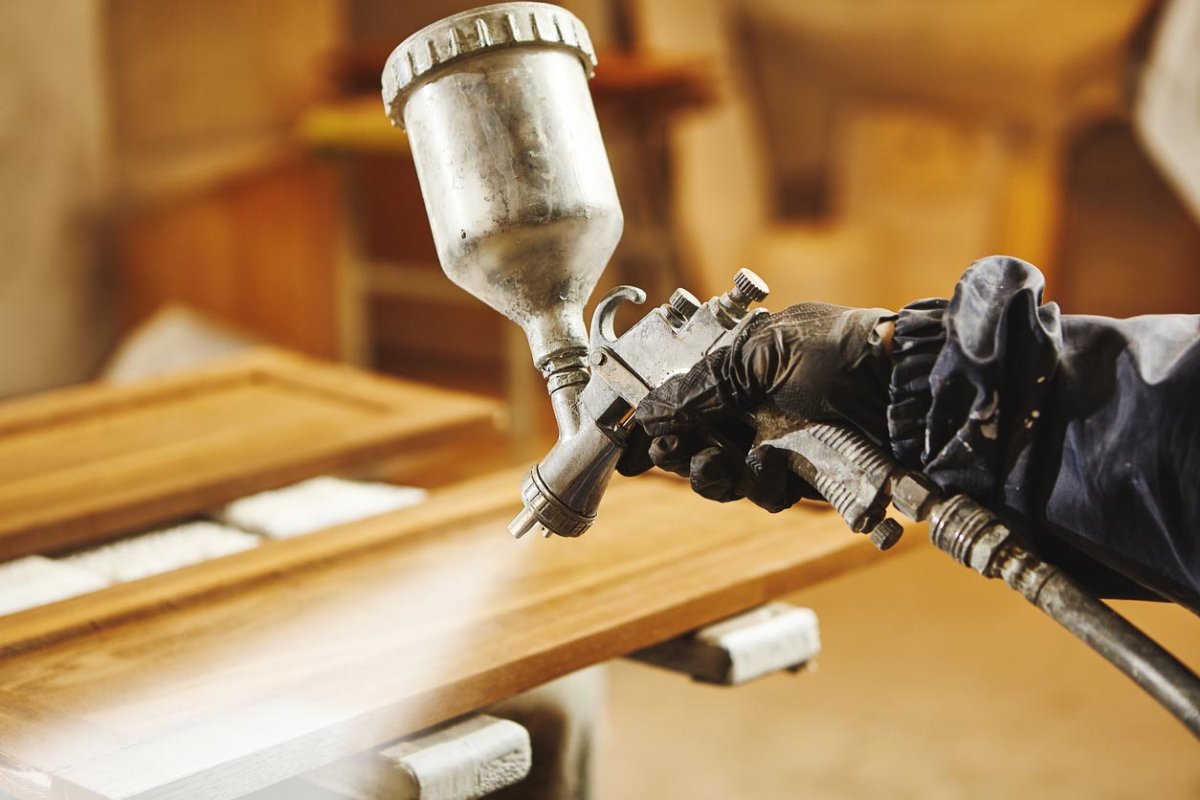
5 Tips for Getting the Most Out of Tool and Equipment Rental
Renting equipment can be a great way to save some money and avoid having to store a piece of equipment that will be used infrequently. There are some elements of the rental for customers to consider to make sure they’re getting the best bang for their buck and taking advantage of everything renting has to offer.
Nail down a project timeline before scheduling the rental to ensure the tool will be ready when it’s needed.
Careful planning goes a long way toward streamlining the project timeline and renting equipment effectively. A closely mapped-out timeline means that the customer will know precisely when the equipment will be needed, ensuring that an appropriate reservation can be made. It’s important to bear in mind, however, that sometimes even the best-laid plans don’t work out: the tool may be unavailable, or the weather may not cooperate. Once the project has begun and is proceeding on schedule, the customer can identify the likely time of need and schedule the rental for that time. This helps avoid extra charges for additional rental hours or days, late return fees, and pickup and drop-off change fees.
Research and prepare any necessary documentation before heading to the rental center.
Regardless of whether a customer is renting or buying equipment, there are some documents they’ll need to have on hand. A driver’s license is almost always required, especially for any heavy equipment rental or for renting motorized equipment. Some construction equipment rental may require more specific licensing to operate, and in some states, renters or buyers will need to produce temporary or permanent permits issued by state or local government to operate the machinery. Finally, renters may need to show proof of insurance, usually a homeowners insurance policy with liability coverage or a business insurance policy with liability coverage. It’s a good idea for a renter to check with their insurance provider to determine what coverage they’ll need to ensure they are protected while renting tools or equipment.
Customers will want to evaluate the job or project and the equipment options prior to looking to rent or buy, as good preparation can save unnecessary spending and time. Knowing the exact tool they’ll need and the size and power of that tool (along with its limits) can help customers make the right decision about the equipment they’re going to rent or purchase. Online equipment rental rate calculators can help fold these considerations together and clarify the true cost of renting versus buying.
Take advantage of safety or operator training offered by the rental service.
Many of the tools available for rent are powerful and, in untrained hands, can be incredibly dangerous. Setting up scaffolding or wielding a chainsaw or trenching tool—or worse, a backhoe—without appropriate training and knowledge is an easy way to spend the weekend in the emergency room. Many rental companies provide online or in-person training classes in basic safety procedures and more specific instructions based on the type of equipment being rented. Especially for those who plan to rent heavy equipment or cutting tools, it’s ideal for new users to attend an in-person class, but at the very least, carefully view any online training that is available from the rental company. The rental company’s content will likely be more specific than what can be found on YouTube.
Ask whether the rental company offers pickup and delivery services.
Shoving a rototiller in the back of a two-door sedan isn’t ideal for the rototiller or the sedan. Larger vehicles may be able to handle some basic home and landscaping tools, but anything larger than that probably needs to be delivered. Check with the rental company to find out its policies for pickup and delivery, and verify whether pickup and delivery is included in the rental cost. Home improvement stores, for example, may not offer delivery, but the company may offer on-site truck rental so the customer can transport the equipment themselves. Even then, it’s a good idea for customers to think through the process: If the equipment is heavy, how is it getting off the back of a rental pickup? It’s worth shopping around to find a company that offers the right combination of equipment and a delivery policy that suits the customer.
Verify that the rental company is insured, and consider opting for a protection plan if one is available.
Whether a customer is renting a carpet shampooer from one of the best carpet cleaner rental services or an excavator from a local hardware store, it’s critical to clarify who insures the rental equipment when it’s located at the customer’s jobsite or property. This is because having insufficient insurance can result in medical bills, expensive damage charges, liability charges, or replacement charges if the equipment is vandalized or stolen. Damage waivers, which renters may also be asked to sign, are not the same as insurance.
Construction companies may have business insurance policies that cover equipment rentals, but most smaller businesses and homeowners do not. Ascertain whether the rental company carries its own insurance (and if it doesn’t or it can’t provide documentation, go elsewhere). Then find out who and what that insurance covers: Is the policy protecting the rental company or the renters? If additional protection plans or policies are offered by the company, read them carefully, and then default to purchasing them. Renting is only an economical option if the renter isn’t crushed by unexpected charges due to circumstances beyond their control.
